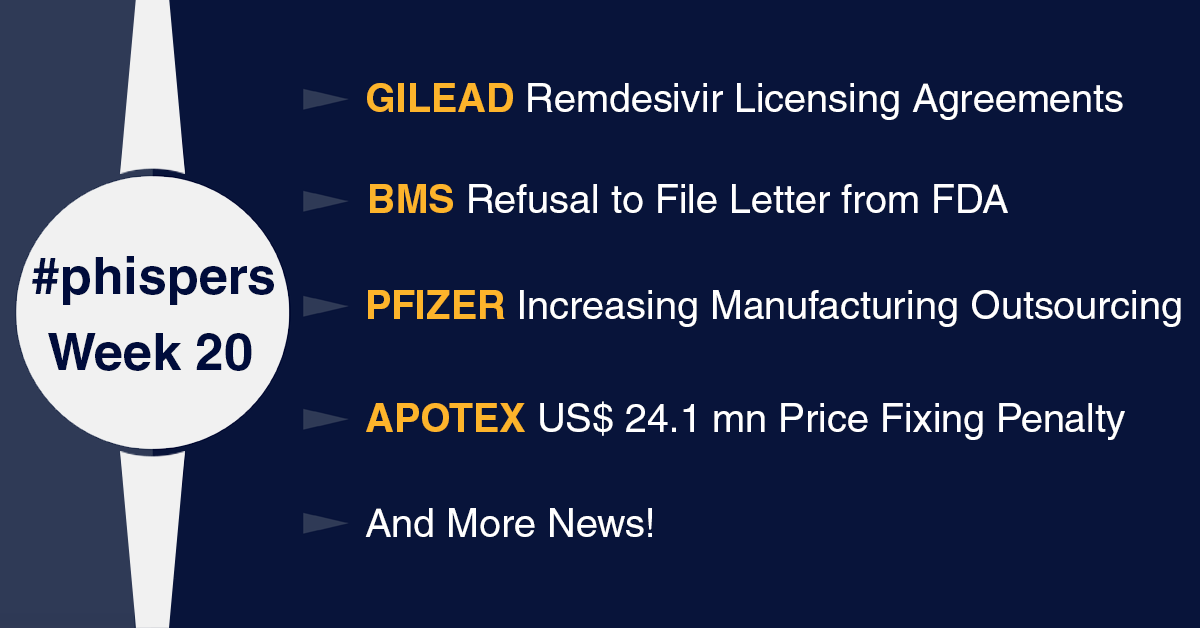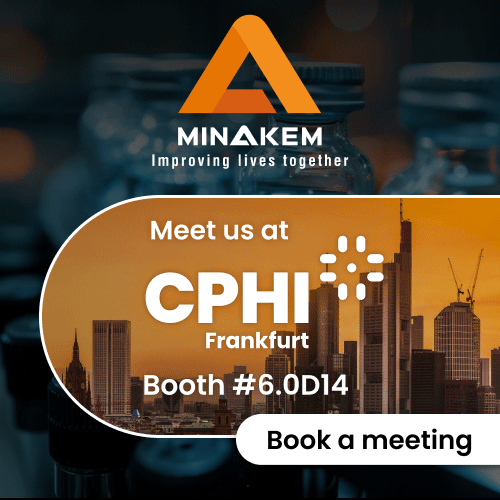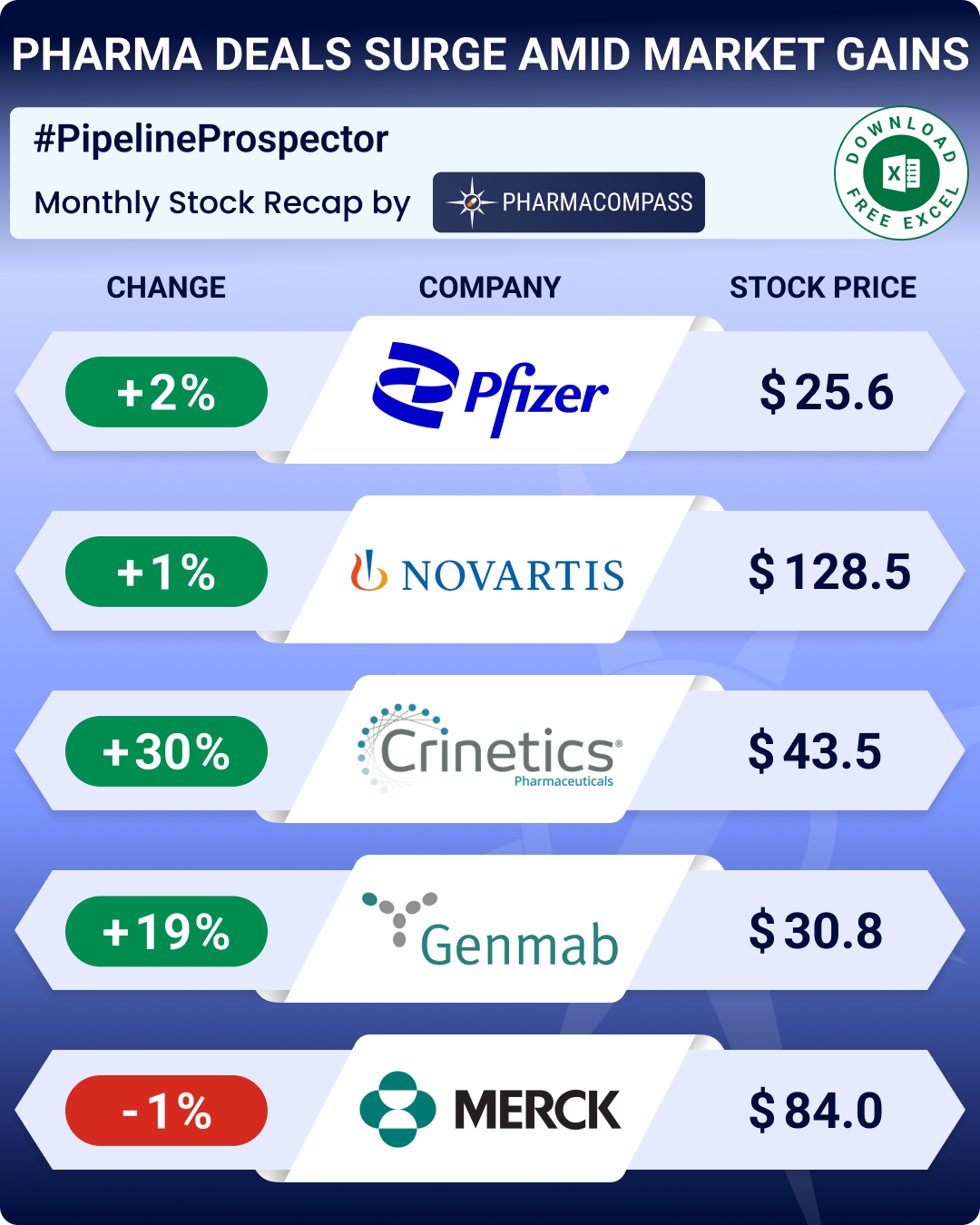
By PharmaCompass
2020-05-14
Impressions: 146038
This week, Phispers brings you news on how Covid-19 is pushing drugmakers to outsource manufacturing of drugs.
While Gilead signed non-exclusive voluntary licensing agreements with five generic drugmakers based in India and Pakistan to increase the supply of remdesivir, an investigational drug being authorized to treat Covid-19, Pfizer decided to shift more of its drug production to contractors.
This way, Pfizer will be able to focus on large-scale production of an experimental coronavirus vaccine.
There was more bad news on hydroxychloroquine (HCQ).
An observational study found that HCQ neither lessened the need for Covid patients requiring breathing assistance nor the risk of death.
Meanwhile, Bristol Myers Squibb and bluebird bio Inc announced they have received a Refusal to File letter from the US Food and Drug Administration (FDA) regarding the Biologics License Application (BLA) for idecabtagene vicleucel for patients with heavily pre-treated relapsed and refractory multiple myeloma.
And Apotex admitted to price fixing and signed a US$ 24.1 million deal with the US department of justice.
Gilead signs licensing agreements with five generic drugmakers for remdesivir
Gilead Sciences Inc has signed non-exclusive voluntary licensing agreements with five generic drug manufacturers based in India and Pakistan to increase the supply of remdesivir, an investigational antiviral drug that received the US Food and Drug Administration’s Emergency Use Authorization for Covid-19 earlier this month.
The five generic drugmakers are Cipla Limited, Ferozsons Laboratories, Hetero Labs Limited, Jubilant Lifesciences and Mylan. These drugmakers would manufacture remdesivir, a potential therapy for Covid-19, for distribution in 127 countries.
The countries consist of nearly all low-income and lower-middle income countries, as well as several upper-middle- and high-income countries that face significant obstacles to healthcare access.
Under the licensing agreements, Gilead will share its manufacturing know-how with the five companies to help them increase remdesivir production. Each company will be allowed to set the price for its own generic version of the drug.
Moreover, the five licensed drugmakers won’t pay royalties to Gilead until the World Health Organization (WHO) calls off the novel coronavirus public health emergency or until another therapy for Covid-19 is approved, Gilead said in a statement.
In September 2014, Gilead had signed similar non-exclusive licensing agreements with seven India-based generic pharmaceutical manufacturers to expand access to its chronic hepatitis C medicines in developing countries. The agreements had allowed the companies to manufacture sofosbuvir and the investigational single tablet regimen of ledipasvir/sofosbuvir for distribution in 91 developing countries.
Apotex admits to price fixing; to pay US$ 24.1 million in criminal penalty
In the US, the Department of Justice took up a years-old generics price-fixing investigation in the midst of the pandemic. The federal authorities have now inked a deal with Apotex Corp. Under the deal, Apotex will pay a US$ 24.1 million criminal penalty, admit to price-fixing and enter a deferred prosecution agreement (DPA).
Apotex Corp is a generic drugmaker headquartered in Florida and is the U.S. subsidiary of Apotex Inc., the largest Canadian-owned pharmaceutical company. It was charged with fixing the price of the generic drug pravastatin, a generic cholesterol medication. Apotex admitted to working with other generic companies to artificially inflate the drug’s price.
“Apotex and other generic drug companies agreed to increase and maintain the price of pravastatin, a commonly prescribed cholesterol medication that lowers the risk of heart disease and stroke. The conspiracy began in May 2013 and continued through December 2015,” a DOJ statement said.
Under the DPA, Apotex has agreed to cooperate fully with the Antitrust Division’s ongoing criminal investigation. As part of the agreement, the parties will file a joint motion, which is subject to approval by the court, to defer for the term of the DPA any prosecution and trial of the charges filed against the defendant. Apotex also agreed to “cooperate fully” with the DOJ’s ongoing probe.
After Moderna-Lonza deal, Pfizer to outsource manufacturing to focus on vaccine
In order to prepare itself for large-scale production of an experimental Covid-19 vaccine, drug behemoth Pfizer Inc has decided to shift more of its medicine production to outside contractors.
Mike McDermott, president of global supply at Pfizer said the US drugmaker is tapping its network of around 200 outside contractors, which includes Catalent Inc, Lonza Group AG and Thermo Fisher Scientific Inc, to play a bigger role in producing some of its existing medicines.
Such a move will help Pfizer shift a portion of production at four of its vaccine manufacturing facilities, including one of its largest plants in the US, toward the coronavirus vaccine while preventing disruptions in supply of its other products, he said.
However, Pfizer did not specify which companies within its network it is in active discussions with about shifting production.
Earlier this month, Moderna and Swiss contract drugmaker Lonza Group had signed a 10-year collaboration agreement to accelerate the manufacturing of Moderna’s potential coronavirus vaccine — mRNA-1273 — which is being tested in early-stage trial by the US National Institutes of Health.
Meanwhile, Pfizer and German partner BioNTech SE said they have begun delivering doses of their coronavirus vaccine candidates for initial human testing in the US. Trials in Germany had already begun.
If successful, Pfizer said it hopes to receive emergency use authorization from the FDA by October. It could distribute up to 20 million doses by the end of 2020, and potentially hundreds of millions next year, it said.
The shift to outside production of other medicines will affect vaccines and intravenous drugs. Pfizer currently produces around 1.5 billion doses of intravenously injected vaccines and drugs each year. McDermott said Pfizer will also add additional shifts to its own factories, hire more workers to take advantage of its unused production capacity, and stockpile current products in order to prepare the company for the shift to production of the vaccine.
Earlier this week, Pfizer had said it was preparing four of its manufacturing sites — three in the US and one in Belgium — to produce the vaccine, even before clinical trials shows which, if any, of the four potential candidates being tested demonstrates efficacy in preventing infection with the novel coronavirus. It will cost Pfizer at least US$ 150 million to gear up its facilities for the new vaccine, McDermott said.
Like Moderna’s vaccine, Pfizer and BioNTech’s vaccine candidates also relies on the messenger RNA (mRNA) technology, which instructs cells in the body to make specific coronavirus proteins that then produce an immune response.
Meanwhile, Tedros Adhanom Ghebreyesus, Director-General of the World Health Organization has said there are around seven or eight “top” candidates for a vaccine to combat the novel coronavirus and work on them is being accelerated. He said an accelerated effort is under way, helped by US$ 8 billion (Euro 7.4 billion) pledged by leaders from 40 countries, organizations and banks for research, treatment and testing.
New hydroxychloroquine observational study fails to demonstrate efficacy
There is more bad news on hydroxychloroquine (HCQ), the malaria treatment touted by US President Donald Trump as a “game changer” in the fight against Covid-19.
According to a new observational study published last week in the New England Journal of Medicine, HCQ neither lessened the need for patients requiring breathing assistance nor the risk of death. The study said randomized, controlled trials of HCQ in patients with Covid-19 are needed.
The study, funded by the National Institutes of Health and conducted by researchers at New York-Presbyterian Hospital and Columbia University Irving Medical Center, looked at 1,376 consecutive patients who showed up at the emergency room with symptoms of Covid-19.
Nearly 60 percent, or 811 of the patients, received the drug within 48 hours and were found, on average, to be more severely ill than those who didn’t receive the drug, the researchers said.
“We didn’t see any association between getting this medicine and the chance of dying or being intubated,” lead researcher Dr. Neil Schluger said. “The patients who got the drug didn’t seem to do any better.”
Among patients given HCQ, 32.3 percent ended up needing a ventilator or dying, compared with 14.9 percent of patients who were not given the drug.
HCQ also showed no benefit when combined with the antibiotic azithromycin, Schluger’s team reported. Azithromycin alone also showed no benefit.
The new findings come two weeks after the FDA issued a warning against the use of chloroquine and HCQ to treat Covid-19 outside of a hospital or a formal clinical trial setting due to the risk of heart rhythm problems.
Bristol Myers receives refusal to file letter from FDA over multiple myeloma drug
Bristol Myers Squibb and bluebird bio, Inc announced they have received a Refusal to File letter from the US Food and Drug Administration (FDA) regarding the Biologics License Application (BLA) for idecabtagene vicleucel (ide-cel) for patients with heavily pre-treated relapsed and refractory multiple myeloma, which was submitted in March 2020.
Ide-cel belongs to a complex class of treatments named CAR-T therapy that involves taking immune cells from a patient, engineering them to attack tumor cells and infusing them back into the patient.
Upon preliminary review, the FDA determined that the Chemistry, Manufacturing and Control (CMC) module of the BLA requires further detail to complete the review. No additional clinical or non-clinical data have been requested or are required.
Bristol Myers Squibb is planning to resubmit the BLA by July-end. A Reuters report said Bristol Myers and bluebird bio will present updated positive results from its pivotal Karmma study of ide-cel at ASCO20.
“Cell therapies are a bit more complicated and that is why there is a lot of questions and answers that we go back and forth with the health authorities,” Bristol Myers’ Chief Medical Officer Samit Hirawat said. Bristol Myers gained ide-cel through its US$ 74 billion acquisition of Celgene in January 2019. The transaction was completed in November 2019.
Incidentally, back in February 2018, Celgene had received a Refusal to File letter from the FDA for its new drug application for its multiple sclerosis treatment ozanimod. Last month, the FDA approved Zeposia (ozanimod). However, the launch of the drug would be delayed due to the coronavirus outbreak.
The PharmaCompass Newsletter – Sign Up, Stay Ahead
Feedback, help us to improve. Click here
Image Credit : #Phisper Infographic by SCORR MARKETING & PharmaCompass is licensed under CC BY 2.0
“ The article is based on the information available in public and which the author believes to be true. The author is not disseminating any information, which the author believes or knows, is confidential or in conflict with the privacy of any person. The views expressed or information supplied through this article is mere opinion and observation of the author. The author does not intend to defame, insult or, cause loss or damage to anyone, in any manner, through this article.”








